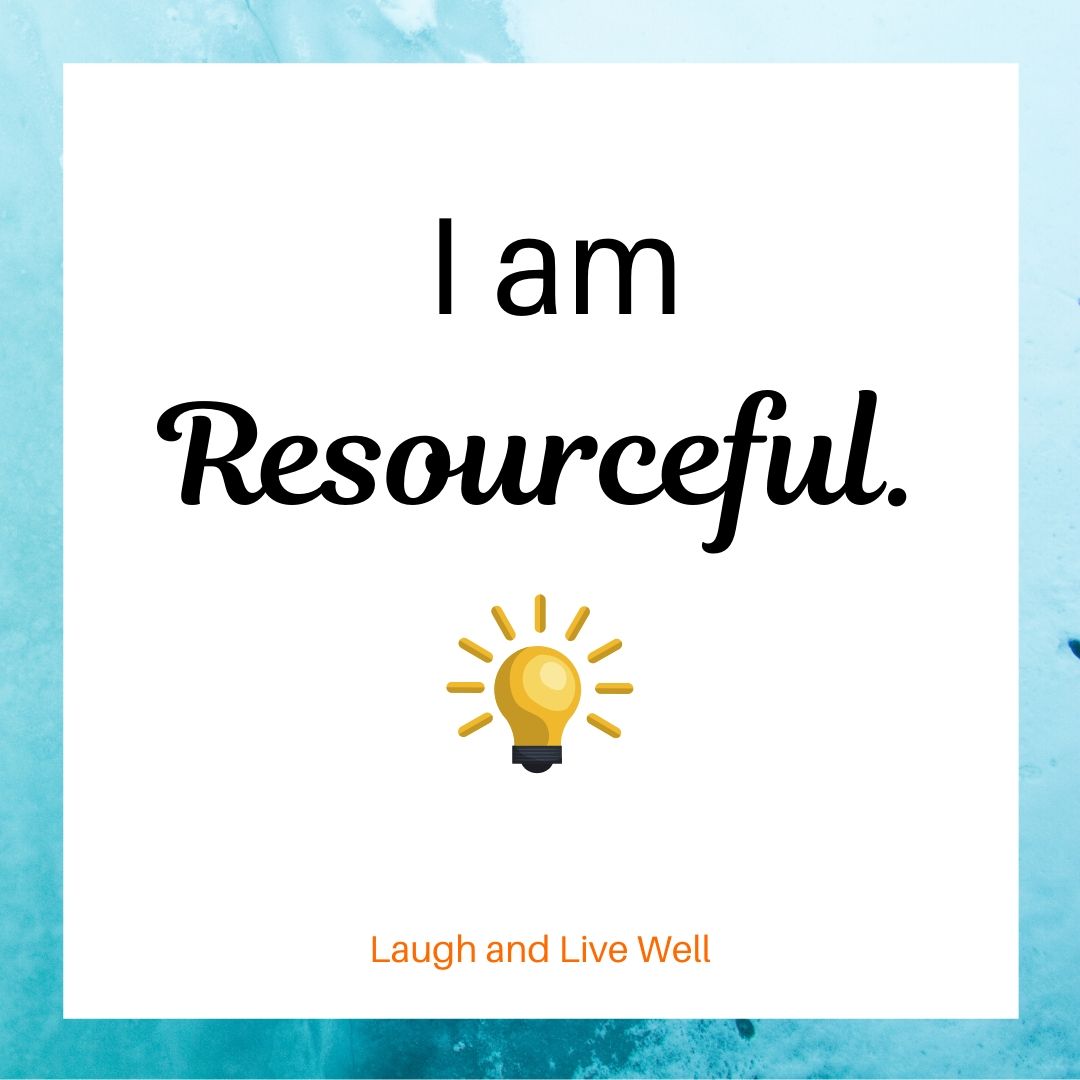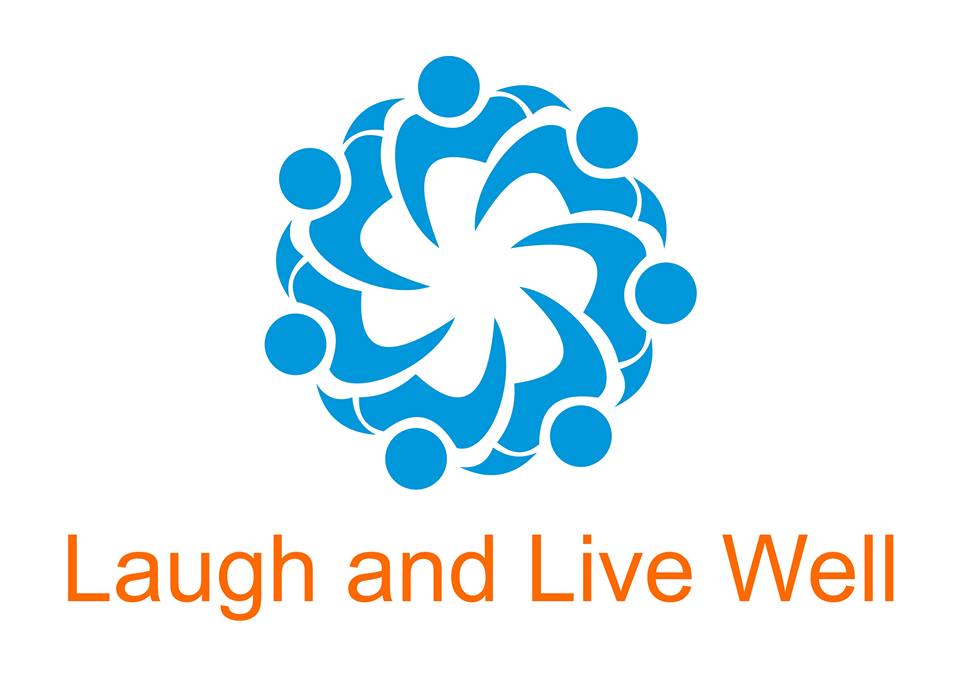
26 Jan 3 Positive Affirmations to Redirect Negative Thoughts – And A Helpful Process
We may notice many thoughts pass through our mind each day. Some may be positive thoughts, leading to feelings of empowerment, for example ‘‘I am excited for this meeting. I have so many great ideas to share.’’ Other times, we may notice negative thoughts creep in. By negative thoughts, I refer to thoughts that are unhelpful to our experience, for example, ‘‘I haven’t prepared enough for this meeting. I don’t know what to say.’’ As we may imagine, these two different examples may prime us for two different experiences.
Our thoughts and words impact our feelings and our experiences. We have the ability to consciously choose our thoughts, so they align with the experiences we would like to have.
This article shares 3 powerful affirmations to redirect negative thoughts, even in more challenging circumstances, to empower us to have greater power over our thoughts, feelings and experiences.
What are Positive Affirmations?
Positive affirmations are positive statements, worded in the present tense. They describe how we feel or how we would like to feel. They may start with ‘‘I am’’ or ‘‘I feel’’. Positive affirmations may be consciously created, to prepare us for the experience we would like to have.
For example:
If working to a deadline, our affirmation may be: ‘‘I am disciplined and focused.’’
If preparing our body for rest, we may affirm ‘‘I feel calm and relaxed.’’
We may simply wake up and affirm ‘‘Today is a great day!’’ to prepare us for a great day.
To create positive affirmations that really work, it is important to ensure that what we think and say aligns with how we FEEL.
Why Positive Affirmations Are Effective
Positive affirmations are effective because they can impact the way we feel.
Studies have shown that when we hold a thought in mind, in a matter of seconds, the body creates the chemistry associated with the thought. This may lead to another thought of a similar nature, which creates more of the associated chemistry. Before long, we activate a cycle of thinking and feeling, which changes our mind and body (Dispenza, 2012).
‘‘Thinking creates feeling, and the feeling creates thinking, in a continuous biological feedback loop. This cycle eventually creates a particular state in the body – what we call a state of being – that determines the general nature of how we feel and behave.’’ – Dr Joe Dispenza
If we have a fearful thought, we may begin to activate the chemistry of fear. This may lead to another fearful thought, which creates more feelings of fear.
If we have an empowering thought, we may begin to activate more empowering feelings, which may lead to more empowering thoughts, which may activate more empowering feelings.
An Affirmation Intervention
Through personal exploration of Positive Affirmations along my wellbeing journey, I discovered a helpful technique and named it – An Affirmation Intervention.
If we become aware of a negative or unhelpful thought, in the moment we experience it, we have the opportunity to redirect the thought towards a more positive direction, before the cycle of thinking and feeling gains momentum. An Affirmation Intervention allows us to create a more positive cycle of thinking and feeling, that aligns us with what we want to experience.
It is worth keeping in mind that what may appear to be a ‘negative’ thought, may actually be quite helpful. For example, the thought ‘I have not prepared enough for this meeting’, the day before the meeting, may signal that it may be worthwhile allocating time to prepare for the meeting. The same thought, moments before a meeting, may be helpful if it means bringing awareness to the situation. This may allow us to listen more and speak from a place of trusting our judgement. This thought, moments before a meeting, may be unhelpful, if it lowers feelings of confidence. In this case, an Affirmation Intervention may be helpful.
An Affirmation Intervention involves becoming aware of a negative or unhelpful thought, as it arises and using a pre-determined soothing, more empowering affirmation, as an intervention. This may disrupt a negative cycle of thinking and feeling from gaining momentum.
The following three powerful affirmations may allow us to redirect negative thoughts towards a more positive direction. We may also choose other affirmations that resonates with us.
3 Positive Affirmations to Redirect Negative Thoughts
1.

The affirmation ‘All Is Well’ has been shared by many teachers of affirmations, including Louise Hay. It is a great go-to affirmation for an Affirmation Intervention.
This affirmation may be useful when an unhelpful though comes though. It may be a thought related to a limiting belief. It may be a thought, not based on truth, unhelpful to what we wish to achieve in the moment. For example:
‘‘I can’t do this. I have never been good at this.’’
In the moment a negative or unhelpful thought comes through, we could catch it with the affirmation ‘‘All Is Well.’’ This affirmation is simple enough to keep in our tool box, to use as an Affirmation Intervention when needed. It brings soothing, awareness and mindfulness to a situation. It allows us to redirect the thought towards a more positive direction. This may allow us to experience a more positive cycle of thinking and feeling.
For example:
”I can’t write a blog. I have never been good at writing.’’
All is well.
I enjoy learning new things.
I have a valuable message to share.
I really know my content.
I care about my audience.
I know things that can help people.
I love to share useful information.
I am ready to share my message.
In the example above, the affirmation ‘All is Well’ was the turning point. Can you see how the affirmations that followed may create a more positive cycle of thinking and feeling and prime us for more positive outcomes?
2.

The affirmation ‘My point of power is now’ may be helpful in situations that did not go as desired. Perhaps something went wrong. Perhaps a mistake was made. Perhaps a mistake was made, whilst attempting to fix another mistake. It may have been a poor decision. Perhaps a complaint came through.
Mishaps happen! How we deal with them matters.
The affirmation ‘My point of power is now’ realigns us with our power. Our point of power is always NOW. The question now becomes:
‘‘What can I do now, with a positive attitude?’’ – Sebastien Gendry, founder of Laughter Wellness
3.

The affirmation ‘I am resourceful’ may be helpful in situations where we would like to align with the confidence that comes with feeling prepared. This may relate to situations where we may not be able to prepare. It may include situations where we may need to think on the spot, for example, the customer service representative who has received training and now needs to support each customer who calls throughout the day, with their unique enquiry. This affirmation may also be helpful when an exciting opportunity presents itself, with little time to prepare.
We have the ability to apply all the relevant resources, including trainings, tools, insights, lessons and experiences we’ve gathered throughout our entire life, to support us in the moment, in any given context. We are often more prepared than we think. Every experience we have ever had, has prepared us for the present moment.
When we feel unprepared, we may go into our head and disconnect from our innate, inner wisdom. When we align with our power and step into the flow of life, we may simply know the right thing to do, or say, in the present moment and trust fully our judgement.
The 3 Positive Affirmations, shared in this article may be added to our tool box, to redirect negative thoughts, as they arise in the moment. Our thoughts impact our feelings and our experiences. When we experience a negative thought, we may bring awareness to the situation and use one of these affirmations, or an affirmation of our choice, as an Affirmation Intervention. Positive affirmations may activate a more positive cycle of thinking and feeling and prepare us for more positive experiences.
Laugh and Live Well,
Connie Costa
For information about our wellbeing workshops for organisations, where we share tools for creating positive energy, feel free to contact us.
References
- Dispenza, J. (2012). Breaking the habit of being yourself: how to lose your mind and create a new one. Carlsbad: Hay House.
- Dispenza, J. Evolve your brain: An interview with Dr. Joe. Dispenza [Blog post]. Retrieved from https://drjoedispenza.net/blog/evolve-your-brain
Disclaimer – The intention of this article is to share uplifting, empowering information that may enhance wellbeing and contribute to a ripple effect of wellbeing across the planet. This article should not be seen as medical advice and is not a substitute for personalised, professional medical advice.
If you enjoyed this article, please feel free to share it using the social media share buttons below. Thank you for helping us to share tools for wellbeing with more people!



No Comments